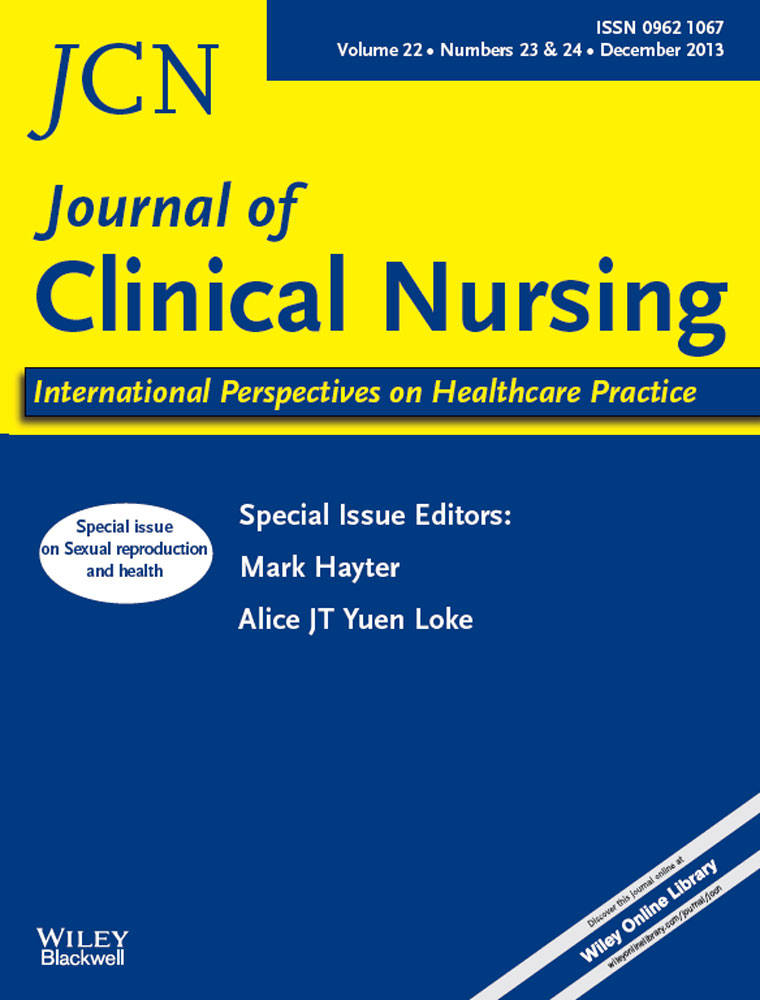Cardiovascular changes resulting from sexual activity and sexual dysfunction after myocardial infarction: integrative review
Abstract
Aims and objectives
To identify studies on cardiovascular changes resulting from sexual activity, as well as the occurrence of sexual dysfunction after acute myocardial infarction.
Background
Many patients with acute myocardial infarction experience sexual dysfunction, mainly due to fear of dying and/or of having another heart attack.
Design
The research was an integrative literature review.
Methods
Searched databases included Lilacs, Medline and PubMed, and the following were inclusion criteria: national and international articles published from 2000–2011, written in Portuguese, Spanish or English.
Results
The results indicate that many patients with coronary heart disease experience sexual dysfunction whether from fear of experiencing another acute myocardial infarction or due to the side effects of medication. Studies show there are few cardiovascular changes during sexual activity.
Conclusions
Because sexual dysfunction negatively affects the lives of people, providing guidance to individuals with cardiovascular disease, especially after an acute myocardial infarction, may be a crucial factor in determining quality of life and should be incorporated into clinical practice.
Relevance to clinical practice
Despite the subject's importance, there are few studies on nursing guidance concerning sexual activity; moreover, addressing sexuality with patients is still a challenge for nurses.




